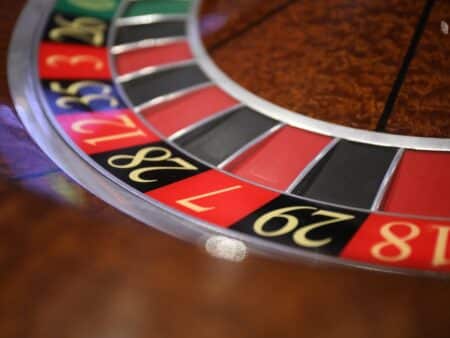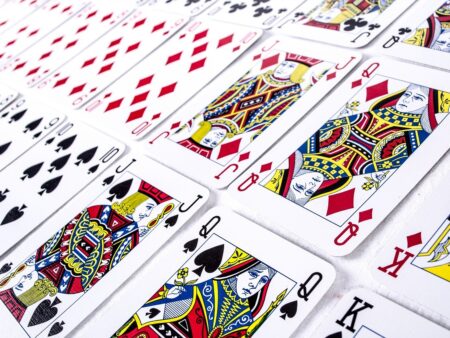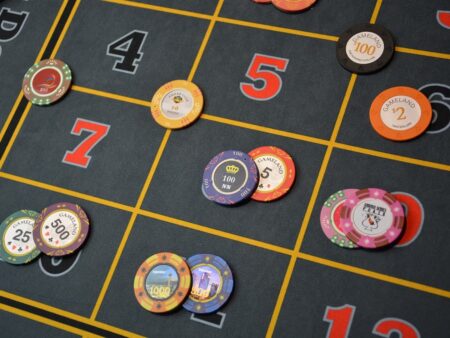Bluffing in online poker can boost your odds of winning. Read this article to get to know how to make the most of this technique!
Bluffing in poker makes the game more exciting. In certain situations, it can boost your odds of winning — if you know how to apply it properly. This technique is relevant for both online and offline gambling. In this article, we’ll explain to you the essence of bluffing and share five tips on how to make the most of it.
What Is Bluffing in Poker?
The verb “to bluff” means to make your opponents have wrong assumptions about your hand. As a result, they might make wrong moves and lose — while you’ll be more likely to win.
When you have a strong hand, you can bluff to make others believe your hand is weak — and vice versa. Let’s have a closer look at it:
- If your opponents think your hand is weak, they won’t consider you a serious threat. They will pay less attention to you — and you might be able to take them aback.
- If your opponents think your hand is strong, they won’t put a lot of pressure on you. You won’t have to give up prematurely — and probably, you’ll manage to improve your hand.
Bluffing consists of two parts: strategical and emotional. The former is related to using cards. The latter involves analyzing your opponents’ words, mimics and body language and sending behavioral signals to them. Let’s consider three situations:
- Your hand is strong. You smile and your eyes shine. Your opponents can easily assess the quality of your cards. It’s not bluffing.
- Your hand is weak. Nevertheless, you smile and your eyes shine. Your opponents think you have a strong hand. It’s bluffing at its purest.
- You avoid displaying any emotions, regardless of your hand’s strength. It’s not bluffing because you don’t try to misguide anyone.
No matter how elaborate your bluffing technique is, it can’t guarantee you a 100% victory. But the more you hone your poker skills, the more you’ll be able to enhance your odds of winning thanks to bluffing.
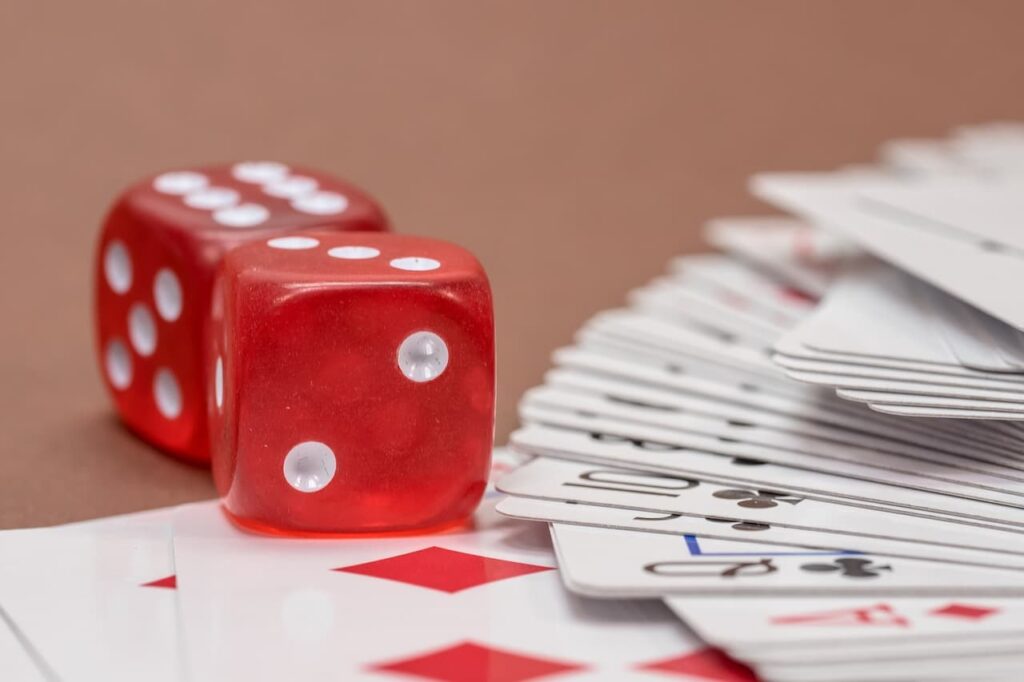
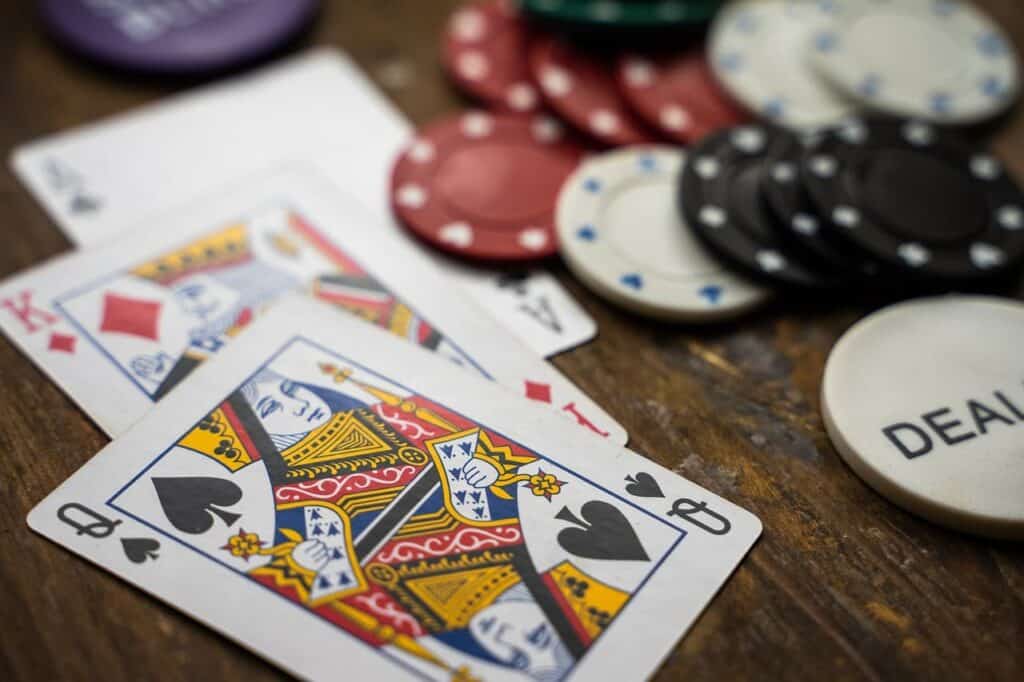
Is It Better to Bluff Online or Offline?
Bluffing in offline poker requires outstanding artistic abilities. If you concentrate on your cards, your body language can give you away. And if you focus on your looks, you might miss precious opportunities with the cards.
For nearly everyone, it’s more convenient to bluff online. When your opponents don’t see you, you can put all your efforts into strategic bluffing. On the flip side, you can’t read their faces and postures, which deprives you of precious emotions.
However, technologies are evolving at an extremely fast pace. Previously, gamblers didn’t switch on their web cameras when playing poker. In a few years, it can become a norm to arrange a video conference to play cards online. Then, the art of bluffing will involve artistic skills once again.
Is Online Poker Bluffing Legal?
Bluffing is not synonymous with cheating. Cheating means violating the rules of the game, platform or venue in a rude way. For example, it can be having an extra deck of cards up your sleeve in an offline casino. Or, it can be an attempt to launder money through an online poker room by playing against your friend and losing deliberately. If you do so, you might be banned from the poker room or casino forever. Venues exchange the information among themselves — so other poker rooms might never let you in either, in the worst case.
Bluffing is an entirely legal and safe tactic. No one will criticize you for using it, let alone punish. So feel free to master it!
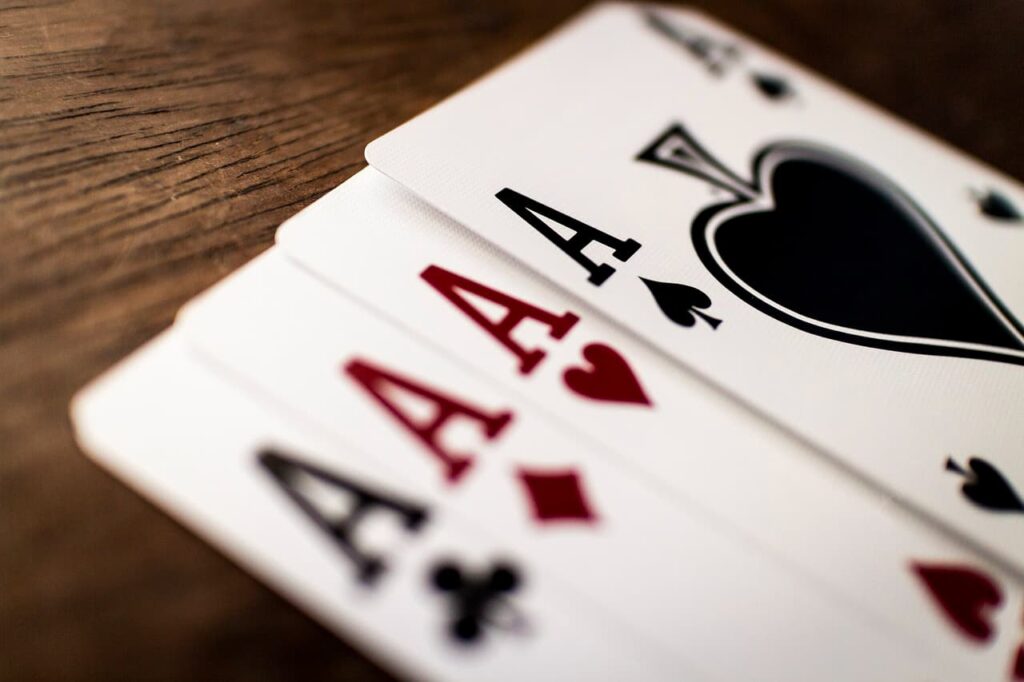
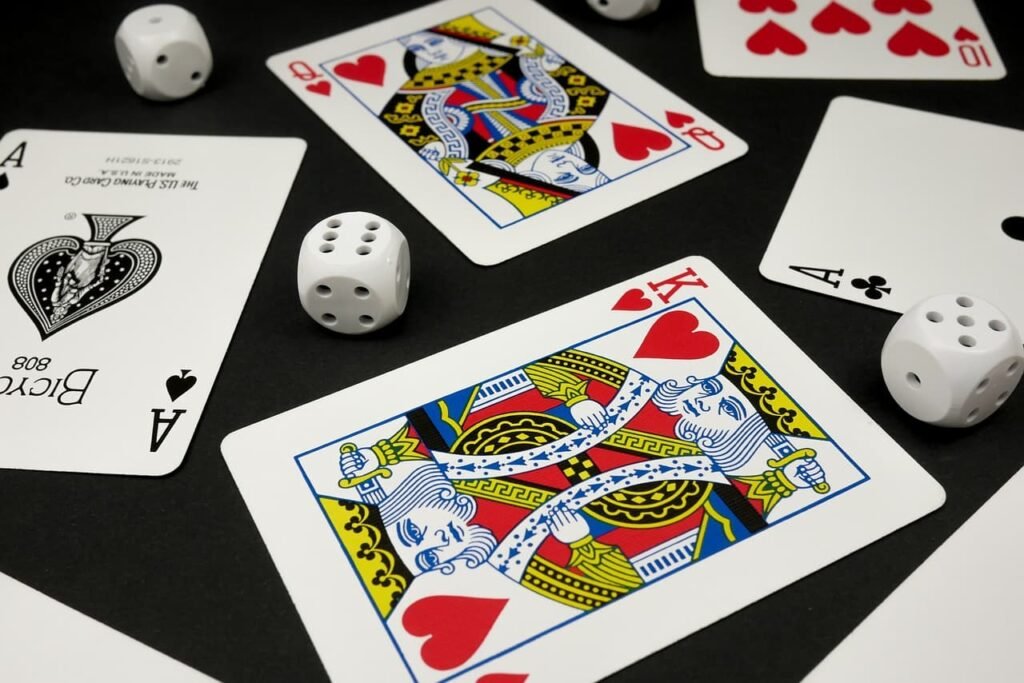
How Much Experience Should I Gain to Start Bluffing?
Gamblers with any level of expertise can benefit from bluffing — except for those who are completely new to poker. First, you need to master the game at the basic level. When you’ll be competing against opponents with the same level of expertise, they won’t be bluffing either — so all of you will have equal chances. The more experience a player gains, the more diverse and elaborate their bluffing techniques.
Poker Bluffing Tips
Below, we’ll list five helpful tips that anyone can add to their poker bluffing strategy.
Bluff When the Field is Diminished
While playing poker, you should keep continuously analyzing the behavior of all your opponents. Detect those who tend to remain passive — and those who regularly indulge in riskier moves.
Then, identify whom you’d like to bluff. You can target your efforts at everyone sitting at the table — or only on selected opponents. The general rule is that the fewer opponents you have, the easier it should be to pull your tricks.
Try to Guess What Your Opponents Think of You
Just as you keep analyzing your opponents throughout the gaming session, they keep analyzing you. When playing online without video, other gamblers can analyze only your moves. The more you play against the same people, the better they learn your personality and memorize your strategies. They will be acting and bluffing according to the impression that you produce on them. Keep it in mind when planning your own moves.
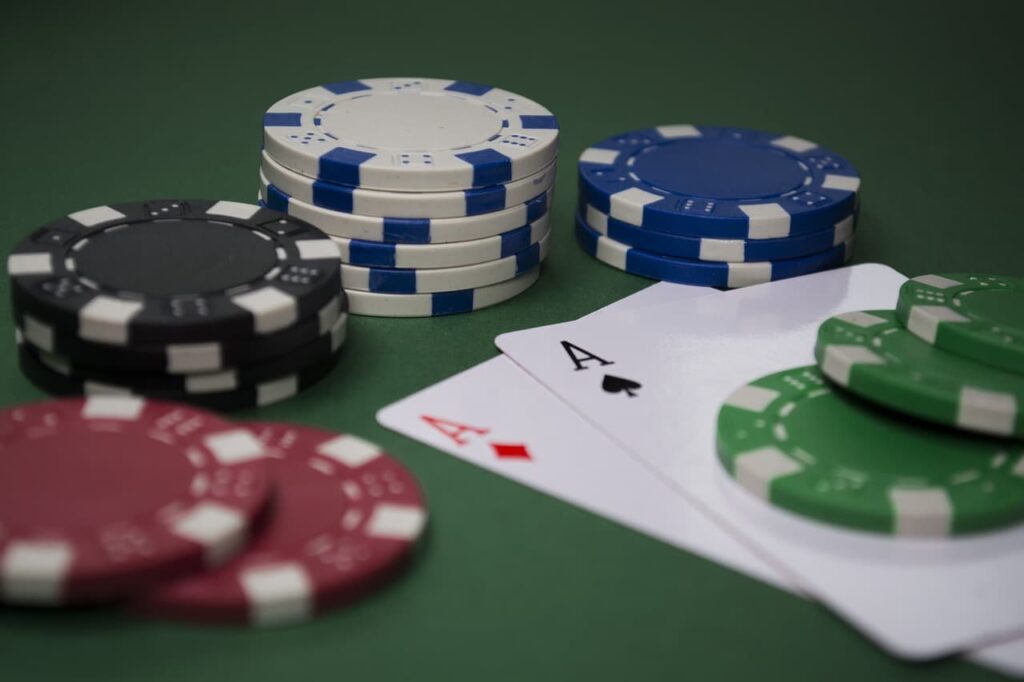
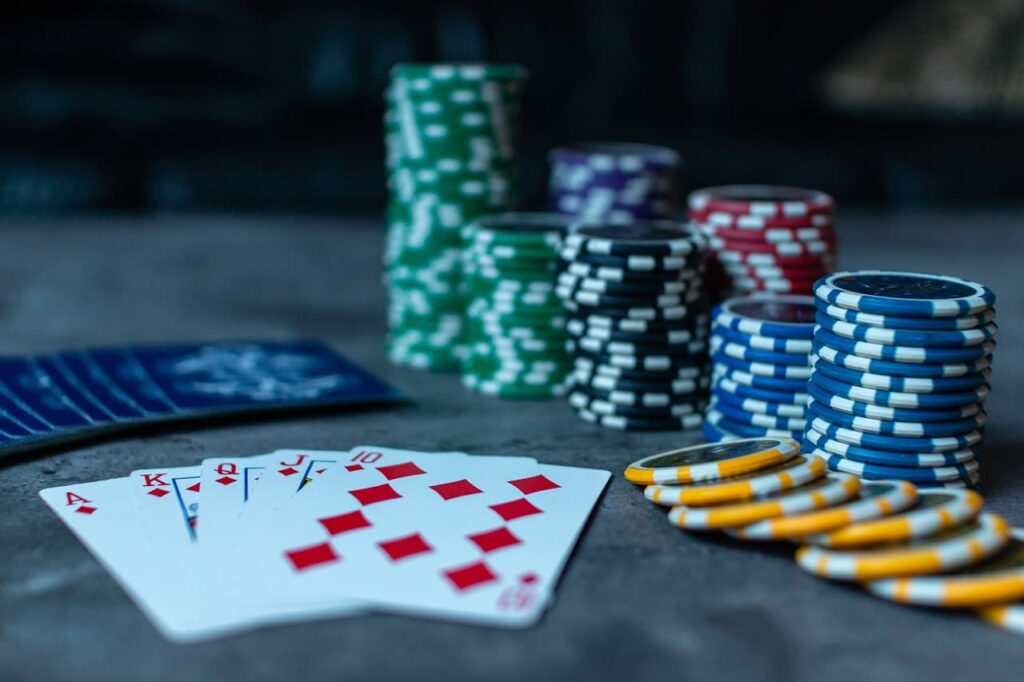
Your Bluffing Technique Should Correspond to Your Overall Gambling Strategy
Imagine that you play rather aggressively — but suddenly make a bluff to seem weak and not too confident. Your opponents can guess that you’re trying to deceive them. Let your bluffing look as natural as possible.
Use Semi-Bluff When Playing Online
You’re semi-bluffing when you bluff only for as long as your hand is weak. As soon as you manage to improve it, you stop bluffing and focus your efforts on winning. It’s a very popular technique in online poker.
Feel Free to Reveal Your Bluff After You Win
Since bluffing isn’t identical to cheating, there is nothing wrong with revealing it. According to a long tradition, players show their cards to each other at the end of the gaming session, when all the prizes are collected. It’s an important ritual in poker. If you don’t display your cards, others have the right to ask you to do so. If you refuse, it won’t be a violation of rules — but the others will feel disappointed.
Most likely, you’ll experience unparalleled emotions when you see your opponents’ reaction to your cards after a successful bluff! And you’ll get used to revealing your bluffs just as others do.
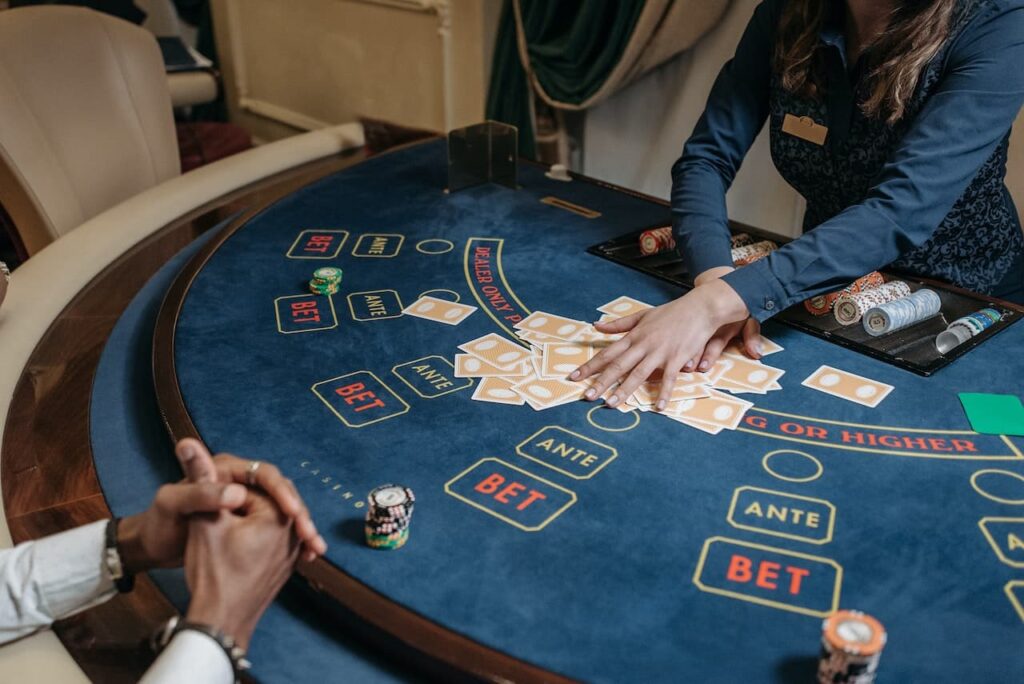
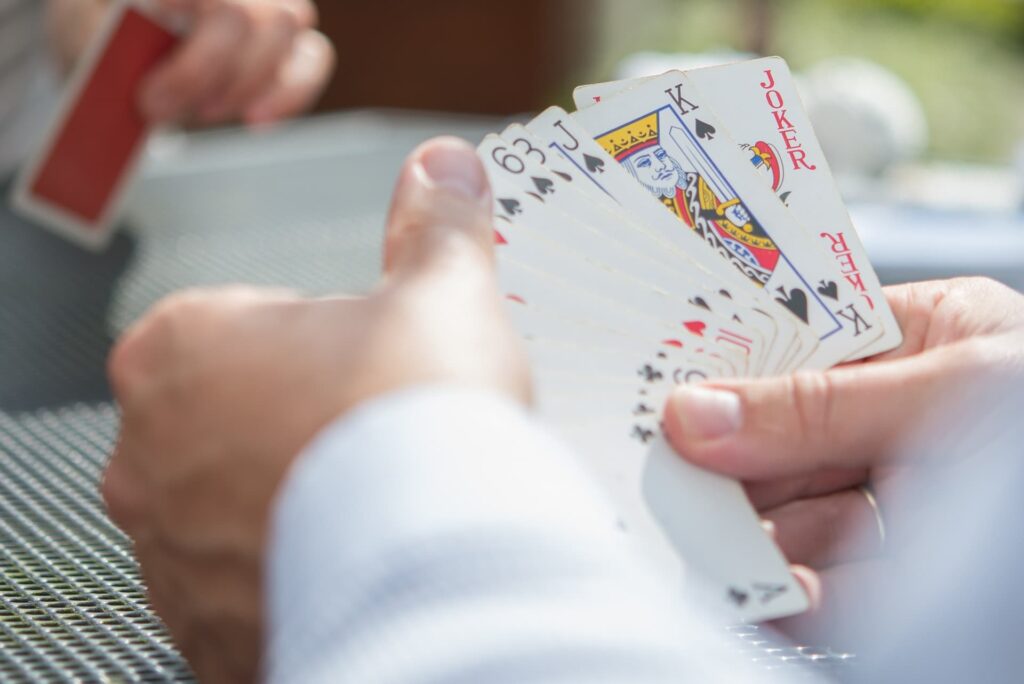
Final Thoughts
Bluffing is a popular technique in online and offline poker. Gamblers use it to misguide their opponents. It’s not synonymous with cheating and doesn’t lead to sanctions. You can bluff strategically and/or emotionally. In modern online poker, players usually don’t see each other’s faces, so they can’t use their mimics and body language to bluff.
